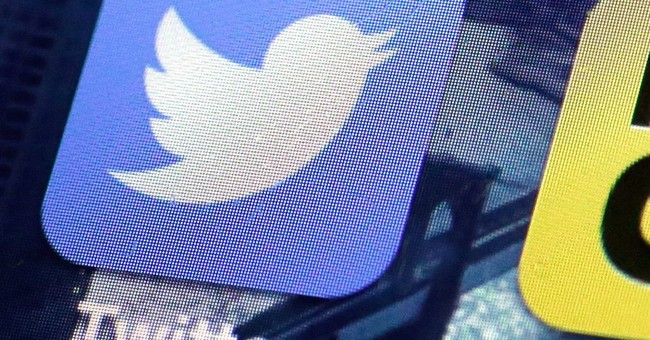
Twitter ignited an online firestorm yesterday when it added a 'fact-check' link to a pair of President Trump's tweets about mail-in ballots and voter fraud, unveiling a new feature that appears to have first been deployed against America's tweeter-in-chief. At the bottom of Trump's tweets, a blue exclamation point icon was inserted, followed by a hyperlink reading, "get the facts about mail-in ballots." Earlier today, I relayed my opinion that Twitter should not censor the president's tweets, no matter how appalling they may be. Is it a better idea to attempt to 'fact check' them? I think this decision, likely driven by elite pressure, has opened a Pandora's box for the platform, early inklings of which are already surfacing, starting with this:
One problem is Twitter is now implicitly endorsing content they *don’t* flag.
1,629 people are talking about this
Every controversial tweet that doesn't get flagged for review will result in eruptions of protest from partisans. If false, misleading, or problematic content from left-leaning sources are left alone, Twitter will be viewed as actively partisan by roughly half the country -- perhaps inviting regulatory "oversight" from aggrieved Republicans. But if they don't 'fact check' every single tweet from Trump or other prominent Republican sources, lefties will allege that Twitter is "complicit" by effectively endorsing certain tweets as either accurate or unworthy of being challenged. They've established a standard that will be next to impossible to fairly police and enforce. As Allahpundit writes in his excellent post on this subject, why did Twitter decide to 'fact check' Trump's tweets about vote-by-mail, as opposed to his conspiratorial sludge about the death of a young woman years ago? Such questions are only the beginning of Twitter's self-created headaches. Also, by appointing themselves arbiters of accuracy, they've set themselves up for charges of bias and pointed questions about credibility. For instance:
Unless Twitter can prove Trump is an actual Nazi they may have to fire their own spokesman.
The game is afoot! twitter.com/liz_wheeler/st…
10.1K people are talking about this
If Twitter truth squad, or whatever they want to call it, is run by these sorts of people, and if their 'fact checking' product reflects these egregious biases, Republicans with itchy regulatory fingers (from the illiberal and constitutionally-illiterate president to various Senators) could make the company's lives unpleasant. I don't support this form of pushback, for what it's worth, but some form of it is inevitable. Then there's the little matter of whether Twitter's "fact checks" -- which I've been putting in scare quotes intentionally -- will actually be, well, factual. They've already whiffed on their very first foray:
Fact-checking the fact check: Twitter’s notice on Trump’s tweet said “mail-in ballots are already used in some states, incl Oregon, Utah & Nebraska.” That statement conflates automatic all-mail voting w/absentee ballots in regards to at least one state. wsj.com/articles/widow…
236 people are talking about this
Back to AP's post at HotAir:
Click the fact-check link in those tweets and you’re sent to this page, which claims among other things that “fact-checkers say there is no evidence that mail-in ballots are linked to voter fraud.” That’s … not quite true, per this NPR story from early April: “Election experts say Trump is partially correct, that there is slightly more fraud in mail-voting than in-person voting.” The key word is “slightly"...But “no evidence that mail-in ballots are linked to voter fraud”? Not quite true, and that’s the headache Twitter has created for itself by launching this fact-check feature.
So their very first "fact check" initially included a partial inaccuracy about states' voting systems, and contradicts experts cited in a report from NPR just last month. It seems as though Twitter is in over its head with this little project. Parting thought: If President Trump's tweets about domestic political disputes are now being tackled by Team Twitter, will they lift a finger to bar or counter anti-American disinformation from the Chinese Communist Party and its sundry propaganda tentacles? They've done so in the past, but in the Coronavirus era, numerous lies have gone unchecked, despite another half-baked company policy. Why?


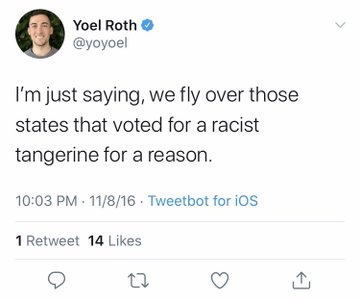
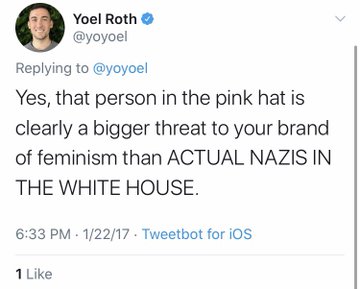
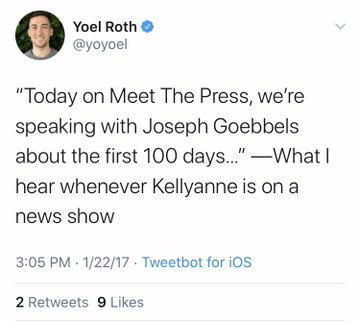
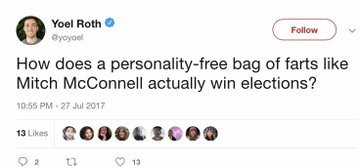

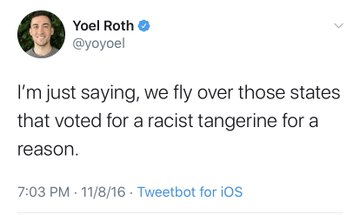
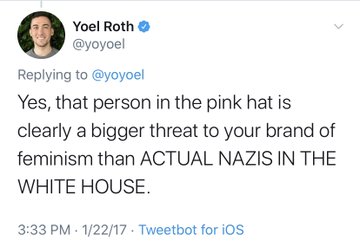


No comments:
Post a Comment